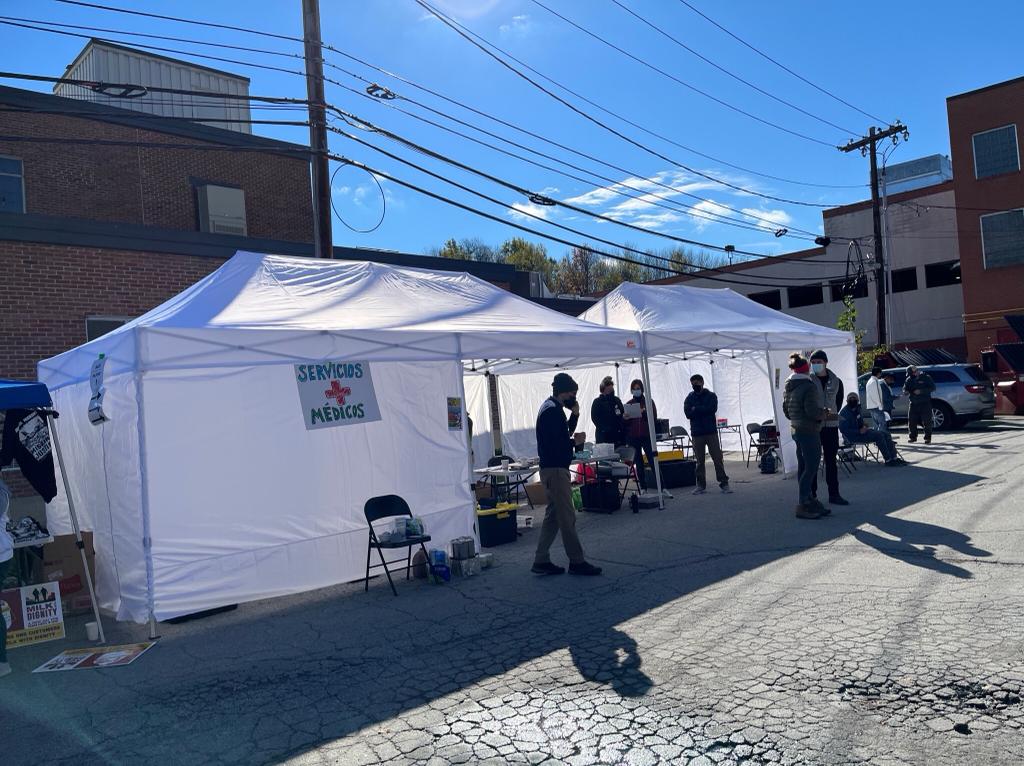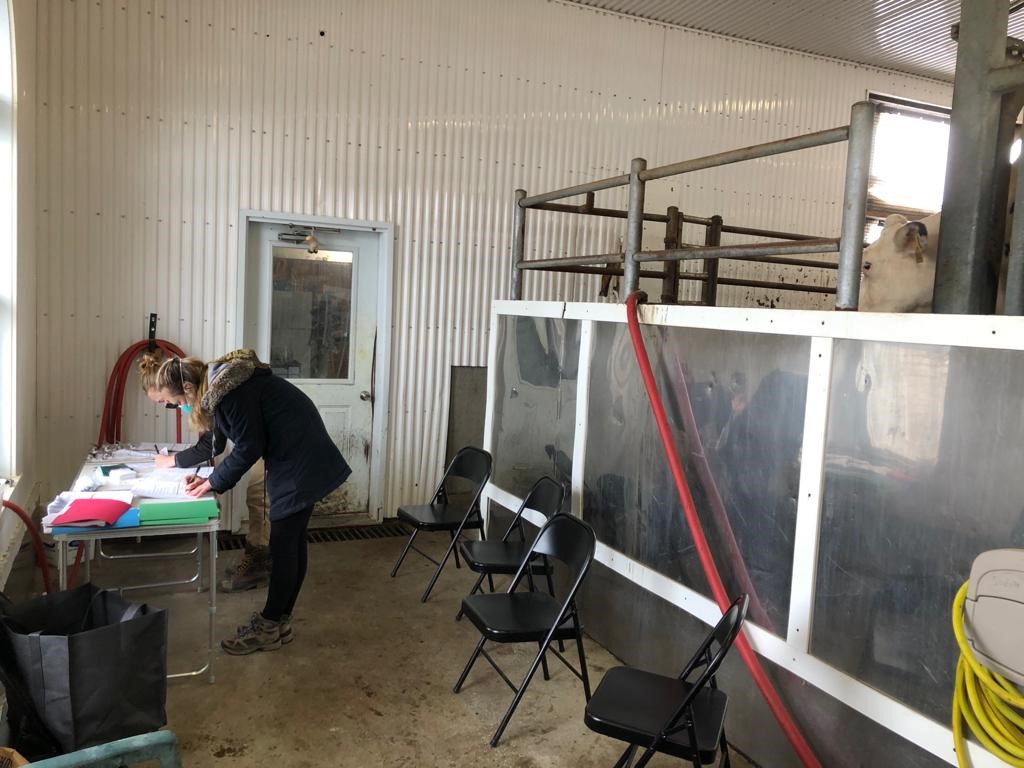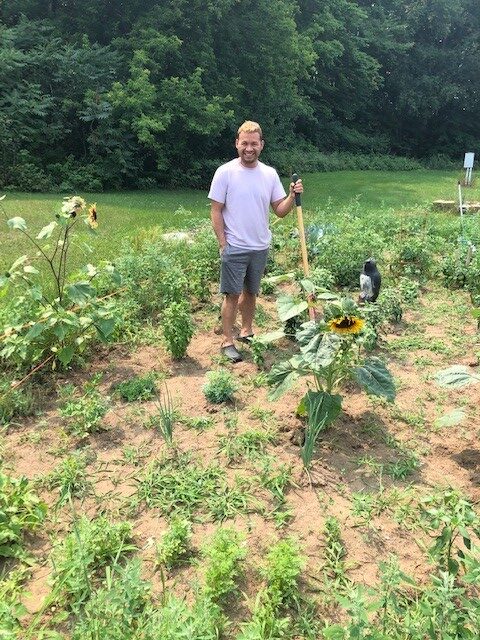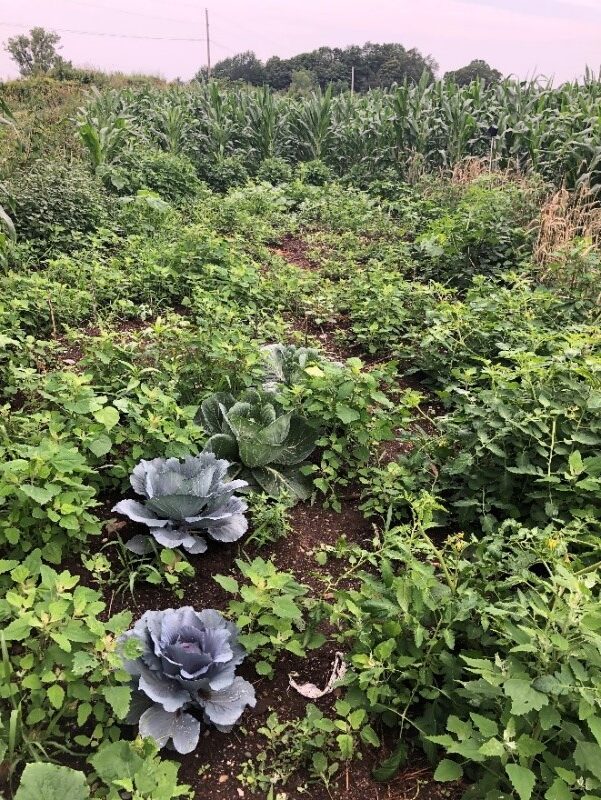Migrant Health Programs develops, coordinates, and implements community based outreach initiatives and services that contribute to health and health equity within designated im/migrant communities at a local and statewide level. Comprised of grant funded and philanthropically supported projects, we are committed to work that addresses individual and systemic barriers to migrant workers and their families attaining their full potential for health and well-being. We aim to bridge the gaps in access to care for im/migrant communities who are not otherwise supported by existing funded infrastructure.



In 2024, Migrant Health Programs staff worked with over 1,367 individuals, including 451 children providing enabling services to establish them at medical homes, enroll in financial assistance and health insurance programs, receive prenatal care, and manage chronic health conditions. The team coordinated over 2,300 health and social service appointments often providing or setting up transportation and, as needed, interpretation. CHWs partnered with health care partners for a fall immunization campaign bringing vaccine education and clinics to 68 work sites, homes, and community based clinics providing 611 vaccines. Additionally, CHWs partnered with food access programs and community based volunteers to support CSA shares, food boxes, and meals delivered on regular basis to 248 individuals across dozens of households. Through Huertas, a kitchen garden project, project directors and student interns with the support of commercial and home grower plant donations worked with 25 households to grow a variety of culturally familiar produce, herbs and flowers.



History: UVM Extension began engaging in health outreach with Latino migrant dairy workers in Franklin County in 2010 through the first of a series of HRSA Office of Rural Health Policy Outreach Programs Grants led by Bi-State Primary Care Association (BSPCA). That same year, Huertas, a kitchen garden project, was initiated in Franklin County to facilitate farmworker access to land, starts, and tools. Over the next decade, in close collaboration with a range of organizations including UVM Extension’s Migrant Education Program, the Open Door Clinic and BSPCA, Migrant Health Programs grew the reach and scope of Bridges to Health, a health access, promotion, and outreach program created to serve Latino agricultural workers across the state. Programming was enhanced by collaborations on projects such as The Most Costly Journey, a series of stories told by Vermont migrant farmworkers, drawn by local cartoonists, and shared by outreach staff as a way to explore shared mental health challenges and stories of resilience. With limited grant and donor funds, core programming activities sustained by hiring very part-time bilingual staff serving as health promoters/community health workers in key regions of the state.
In 2020, recognizing a gap in accessible COVID related services for both Latino and Jamaican agricultural workers, Migrant Health Programs expanded services again, partnering with the Vermont Department of Health to support access to COVID related public health guidance and services. Staff disseminated public health guidance and supplies and later stood up mobile testing units to provide on-farm testing and coordinated on-farm vaccine clinics with partners from around the state. Extension Collaborative on Immunization Teaching & Engagement (EXCITE) funds helped sustain vaccine outreach efforts. A Rural Health Care Coordination Consortium Project in collaboration with ODC and Finger Lakes Community Health supported ongoing care coordination activities reducing barriers care through enabling services such as health systems navigation, paperwork, transportation, interpretation and case management. Funding centered on partnerships to address food security supported the delivery of meals, food boxes, and CSA shares.
In 2022, with a two year grant from the Vermont Department of Health, Migrant Health Programs strengthened its flagship program Bridges to Health by establishing a statewide Community Health Worker program. Recognizing the similarities in the significant systemic and individual barriers faced by both agricultural and non-agricultural migrant workers, the assembled team of full time bilingual and culturally diverse Community Health Workers (CHWs) based in communities across the state is tasked with both farm based outreach as well as outreach to growing numbers of migrant households working in the food, hospitality and tourism industry as well as construction.
Despite the resounding success of the program in creating more equal opportunities for health and well being among migrant communities, limited funding threaten its sustainability beyond summer of 2025.